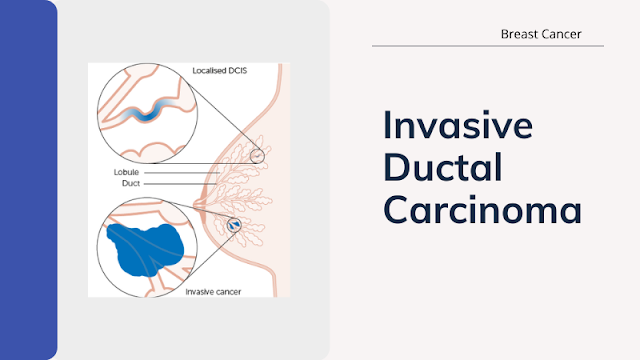How does Smoking cause lung cancer
In our lives, probably we've all heard a slogan which is "smoking causes cancer".
Apart from the slogan, it doesn’t mean every person with smoking will get cancer and every person who doesn’t smoke will remain cancer-free. People with smoking are more likely to get cancer in comparison to non-smokers, and their risk of many other negative health effects is also increased.
The list of diseases caused by smoking has grown to include many cancers in different parts of the body including:
- Cancer of the Lung
- Throat (Pharynx)
- Oesophagus
- Stomach
- Mouth (Oral Cavity)
- Bowel
- Pancreas
- Voice box (Larynx)
- Cervix
- Liver and Kinney
- Ovary and Bladder
- Ureter
- Bone Marrow (Myeloid Leukaemia)
- Nasal Cavity and Sinuses.
How Smoking Causes Cancer:
In order to know about how smoking can be the cause of cancer, then the puff of each cigarette mainly delivers a mixture of chemicals to the lungs and is absorbed by the lung into the bloodstream and carried to every organ in the body.Many of these chemicals are responsible for damaging the DNA, which controls how cells reproduce and direct cells to carry out different tasks. Due to these DNA damages, cells grow in the uncontrolled order and can lead a person on the path to cancer. Smoking such as tobacco contains about more than 7,000 chemicals and at least 70 of which are responsible for causing cancer. Apart from causing cancer, smoking also affects cancer treatment.
All of those cancer patients, as well as cancer survivors who smoke, are at a higher risk for their cancer to recur. Such patients are also more likely to die from their primary cancer and from cancer that occurs in a different organ which is known as secondary cancer. Quitting smoking improves the prognosis of cancer patients.
Lung Cancer:
Lung cancer, a disease which is caused by smoking, is now the most common cancer killer among both men and women. Smoking is responsible for causing almost 9 out of 10 lung cancers.Causes of Lung Cancer:
There are various risk factor that are responsible for causing lung cancer, such as:- Smoking.
- Secondhand Smoke.
- Exposure to Radon Gas.
- Family History of Lung Cancer.
- Exposure to Asbestos and Other Carcinogens.
Treatment of Lung Cancer:
Several treatment options are available which will be determined by your healthcare team. The enlisted terms are as follows:- Self-care (Quitting smoking).
- Medications (Chemotherapy and Targeted therapy).
- Surgery (Pulmonary lobectomy, Wedge resection, and Video-assisted thoracoscopic surgery).
- Medical procedure (Thoracotomy and Radiation therapy).
- Supportive care (Palliative care).
Medications for Lung Cancer:
Medications which are most commonly used for the treatment of lung cancer are given as:Erlotinib: Erlotinib 150mg tablets used for NSCLC with mutations in the epidermal growth factor receptor (EGFR) either an exon 19 deletion (del19) or exon 21 (L858R) substitution mutation.
Gefitinib: Gefitinib 250mg is an EGFR inhibitor, like Erlotinib 150 mg, which interrupts signaling through the (EGFR (epidermal growth factor receptor) in target cells.
Some other drugs are also available, which can be used in lung cancer are include:
- Cisplatin (Platinol)
- carboplatin (Paraplatin)
- Docetaxel (Taxotere)
- Gemcitabine (Gemzar)
- Paclitaxel (Taxol)
Useful Information:
Literally, it's not mean that since what time you're smoking, quitting will benefit your health now and in the future, it will benefit your family as well as friends and save your money.The method of quitting smoking can be different from person to person, not everyone quits smoking in the same way. You need to do just one thing, come forward with positive intents and find out what quitting method is best for you. Some people find it useful to ask for help while others prefer to do it on their own.




Comments
Post a Comment